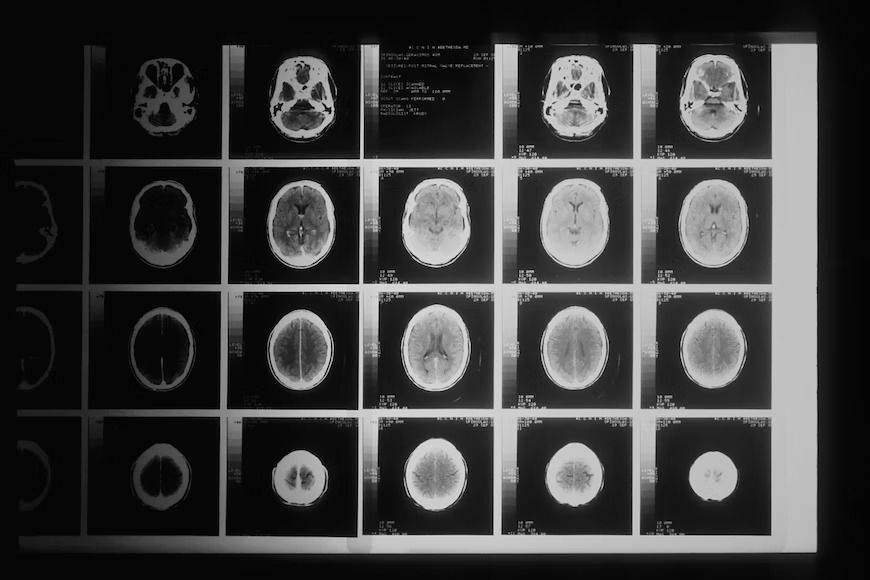The Stephen Erskine Fellowship
Created in 2007 through a generous bequest from Stephen Erskine to support studies into consciousness in the human brain.

The purpose of The Stephen Erskine Fellowship was to support a Fellowship working with Professor David Menon on studies into the brain and its consciousness. The fund was established from the legacy of Dr Stephen Erskine (1970), who left £135,000 to the College in order to fund a research fellowship for three years.
Stephen studied Medicine at Queens', and was involved in several societies including the Medical Society, Queens' Squash Club and the College tennis team.
Professor Menon is Head of the Division of Anaesthesia, Principal Investigator in the Wolfson Brain Imaging Centre, and Co-Chair of the Acute Brain Injury Programme at the University of Cambridge. He was the first Director of the Neurosciences Critical Care Unit (NCCU) at Addenbrooke's Hospital, where he established the first recognised training programme for specialist neurocritical care in the UK. Professor Menon's research interests include neurocritical care, secondary brain injury, neuroinflammation, and metabolic imaging of acute brain injury. He has also published on the physiology of coma and the vegetative state, and on mechanisms of anaesthetic action in the brain.
Dr Emmanuel Stamatakis is the leader of the Cognition and Consciousness Imaging Group. He employs behavioural tasks, mathematical models, network science, information theoretical approaches and machine learning to determine the systems-level mechanisms that govern cognitive function, both in health and disease. Currently, his work focuses on understanding the neural mechanisms underlying altered states of consciousness in healthy volunteers (induced by anaesthetics or psychedelics) and patients who have sustained brain injuries that result in disorders of consciousness (e.g. minimally conscious state).
The fund has supported research such as the role of the 'default mode network' in helping us perform routine tasks, and the complexity of the stream of consciousness.
